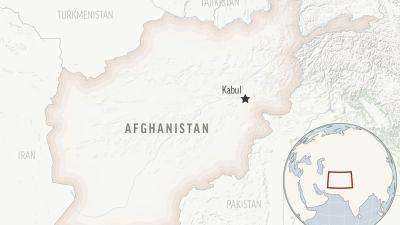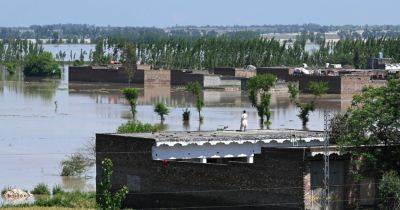Taliban ban on girls’ education defies both worldly and religious logic
The ban stands against the core principles of Islam and hinders Taliban’s efforts to gain international recognition.
Spring has arrived in Afghanistan, and Afghan children have returned to their schools to begin a new academic year. Girls beyond the 6th grade across much of the country, however, are still unable to pursue an education and remain unsure what the future holds for them.
Two years ago, on a spring day like today, the hopes and dreams of Afghan schoolgirls were crushed by the Taliban’s interim government.
On March 21, 2022, the Taliban promised to reopen all schools in Afghanistan, seemingly ending the temporary ban it had placed on girls attending secondary school since its return to power seven months earlier.
Two days later, while many girls were enthusiastically preparing to return to school, the authorities reversed the decision and restricted girls over the age of 12 from attending state-run schools. In an apparent attempt to soften the blow, the Ministry of Education said the closure would be temporary and schools would be reopened once it put in place policies that would ensure compliance with “principles of Islamic law and Afghan culture”.
Six months later, with no plan in place to reopen secondary schools to girls in the foreseeable future, the government issued a new edict and banned girls and young women in Afghanistan from higher education.
This move prompted countless analysts and experts around the world, including myself, to invite Taliban leaders to rethink their decision. We pointed out that “depriving Afghan women of an education would benefit no one” and these anti-education edicts actually stand against the very foundations of Islam.
Regrettably, the Taliban did not listen. This March,







